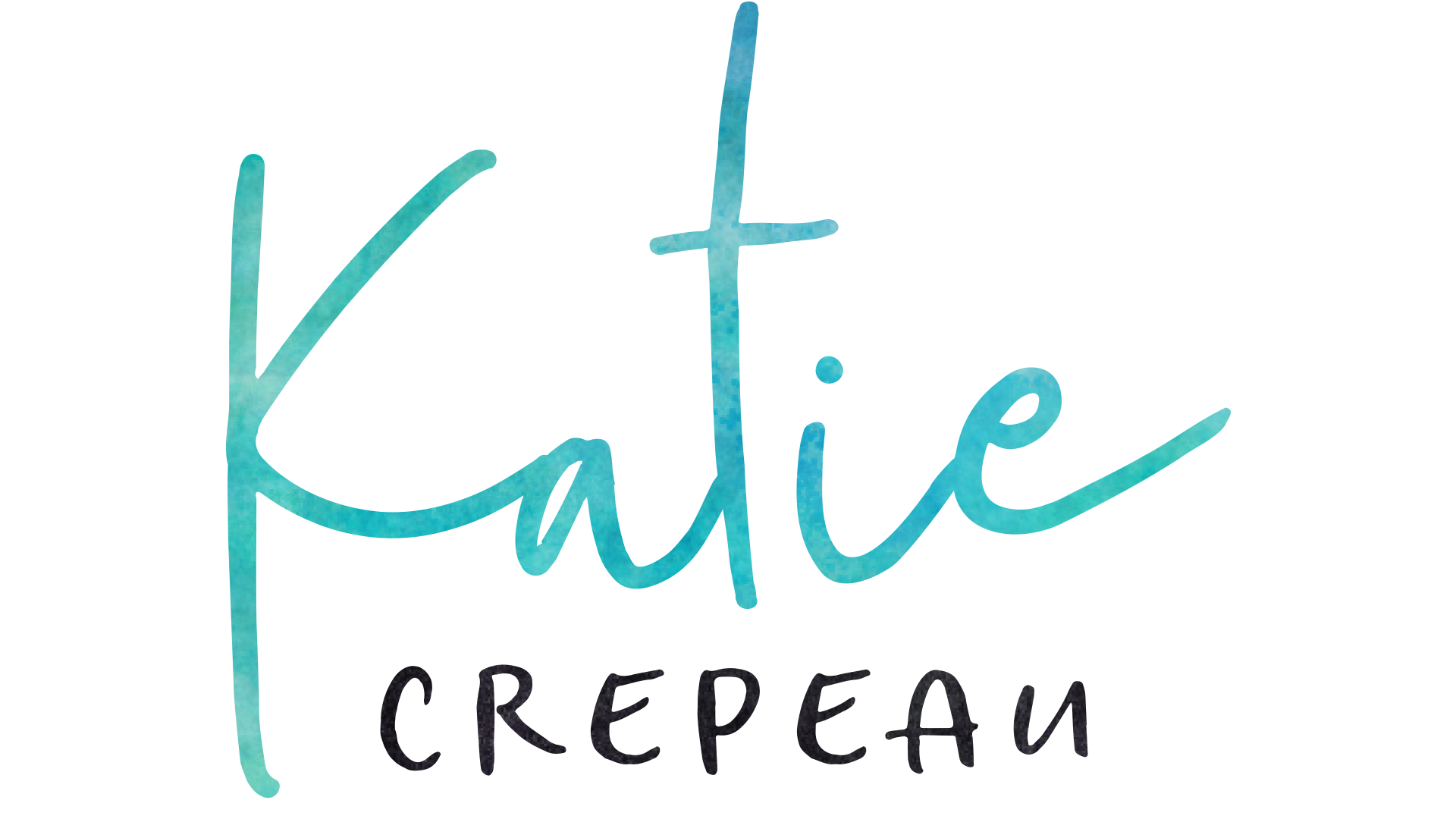
Yesterday I was flooded with a huge range of emotions. Absorbed in the results of the US election, what I felt was akin to loss and grief. Throughout the day, I bounced between shock, denial, anger, depression, acceptance, and hope.
It was unexpectedly paralyzing and debilitating. The day was reminiscent of Hurricane Katrina’s strike along the southern US when I was in pure shock from an outcome I was not fully prepared to accept. However, the range of emotions I felt then and yesterday were an aid to help me process thoughts on what it meant for me, my work, my beliefs, my values, and the future I want to see happen.
Not only did I need introspection, I equally needed to be connected to family and friends. I talked with people so much yesterday that I literally lost my voice.
The shock of not doing enough
Most striking was a sense of being slapped in the face by the fact that people were feeling excluded. Their voices were not being heard and anger and frustration was what made them react. As someone who has worked with and advocates for marginalized populations, I can’t help but wonder why and how I overlooked this segment of people. Who else am I not considering? And how does affect the inclusion my peers and I advocate for?
Projects and initiatives do need boundaries in order to for anything to be done so I’m in no way advocating the need to only create for everyone. But being aware of and transparent on how we’re defining inclusion needs to be stated in initiatives and the evaluation of those efforts. Who is in included in conversations, and why? And, conversely, who isn’t and why? What is the wider effect of this?
How to cope with challenges to inclusivity
Even leaders that we consider to be the most keenly aware of diversity and inclusivity can lapse in judgment. Take for instance Ford Foundation President Darren Walker’s recent letter in which he shares an unexpected oversight:
I am a black, gay man, so some might assume that I’m especially sensitive to these issues and dynamics. But during the past year I have had to confront my own ignorance and power, and come to terms with the ways I was inadvertently fueling injustice.
Last June, my colleagues and I announced that FordForward would focus on disrupting inequality. During the weeks that followed, I received more than 1,500 emails in response, mostly congratulatory. And then something happened: I was confronted with feedback that highlighted my own obliviousness.
That obliviousness was a failure to acknowledge and include people with disabilities in their foundation’s strategy plan for equality. The most important part of this is how they incorporated this feedback into their program, rather than taking it as an attack and going on the defense.
Incorporating this into my work going forward
There is a lot that fuels segregation, discrimination and bigotry. But at the root of it, I believe that it’s misunderstanding, miscommunication and missed opportunities to challenge assumptions about people you don’t know. So going forward, I want to find ways to communicate with people who aren’t like me and who might challenge some of my choices, values and beliefs. And this is not to persuade them to come to “my side” but rather to discover our common ground, the things we share, and what can we do together.
Because, in the end, I believe we’re all working for a world where each person feels respected, dignified, empowered, and content. So now we need to figure out how to do that, together.
No matter your political persuasion, I’d love to hear how this has affected you and what you want to do differently. Submit your comment below because now more than ever we need to keep the conversation going.
Image source: Telegraph.co.uk

I’ve thought about pen pals over the past couple days, the idea of just sharing your life with someone so different than you, in a different place, feeling different things, experiencing a different life. There’s a vast misunderstanding and lack of acknowledgement happening – on both sides (on every side, for that matter). There must be a way to bring that back, on a personal level, to develop relationships that don’t hinge on politics and divisiveness, but just on sharing the fact that we all live together in this world.
Love this idea, Duncan! I did a postcard exchange for our family a couple years ago where I offered prompts to encourage each of us to share something different. But I love this idea of sharing with people from around the world! There was this SF Postcard Project a few years back, too. What would be the first step for you to begin this?
Just saw this campaign for “A Welcome Thought” http://www.thisisthoughtful.com/welcome